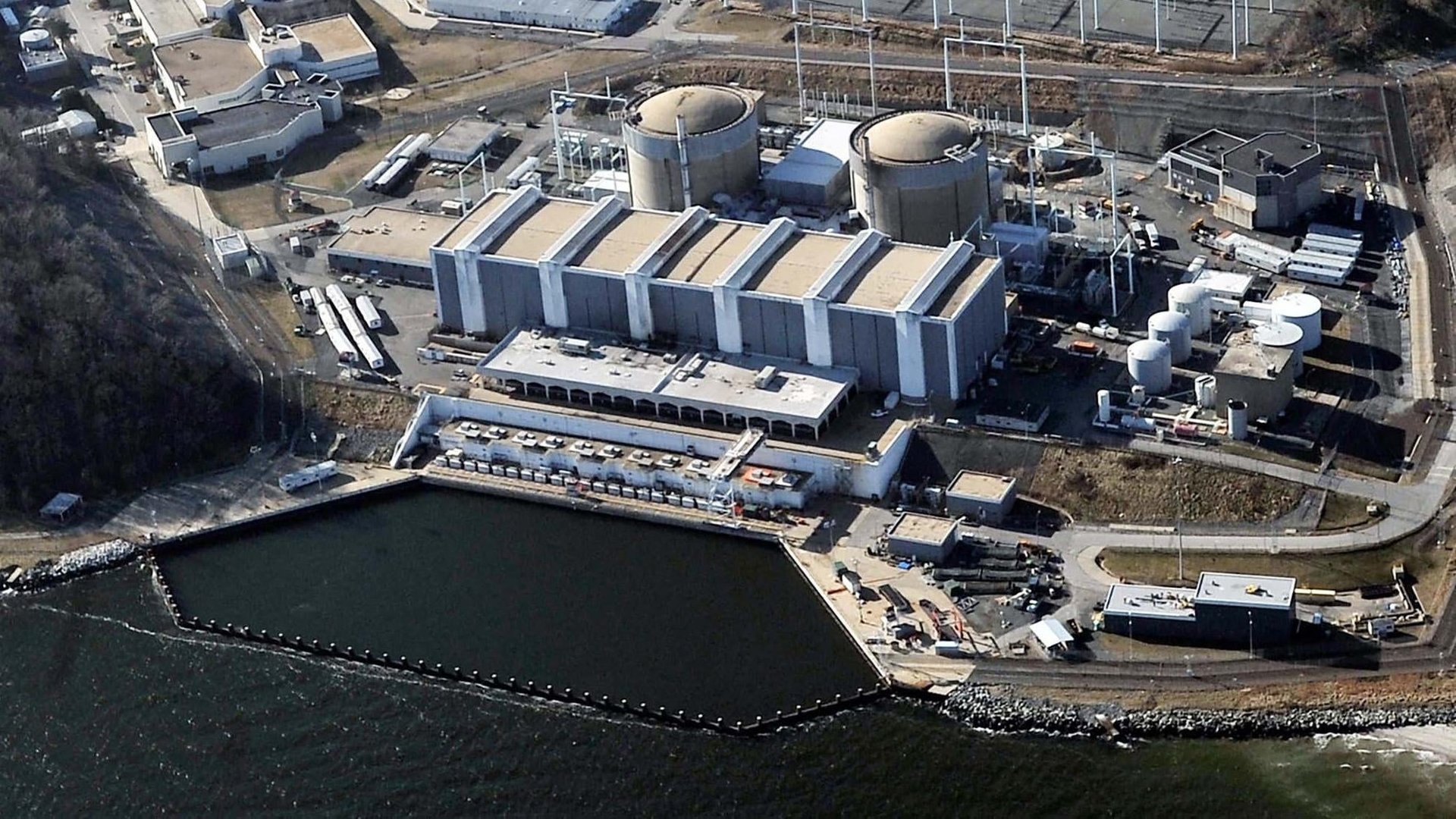Biden is expanding energy tax credits for wind and solar to include nuclear
The proposed guidance would usher a transition from the "Production Tax Credit" to the "Clean Electricity Production Credit"

As part of the Inflation Reduction Act, a tax credit that previously applied to a limited set of clean energy technologies could soon be expanded to include nuclear power.
Suggested Reading
On Wednesday, the Treasury Department and Internal Revenue Service released a proposed new guidance for tax policy that would include an array of new electricity generation schemes considered to be carbon neutral.
Related Content
“These new Clean Electricity credits are one of the law’s most significant reforms, providing incentives for the first time to any clean energy facility that achieves net zero greenhouse gas emissions,” the Treasury Department said in a statement. “These credits provide the ability for new zero greenhouse gas emissions technologies to develop over time, while also providing long-term clarity and certainty to investors and developers of clean energy projects.”
Previously, the so-called “Production Tax Credit” would have applied to wind, closed-loop biomass, open-loop biomass, geothermal energy, solar energy, small irrigation power, municipal solid waste, qualified hydropower production, and marine and hydrokinetic renewable energy.
The updated “Clean Electricity Production Credit” and “Clean Electricity Investment Credit” guidance would also apply to nuclear fission and fusion, geothermal, and certain types of waste energy recovery property.